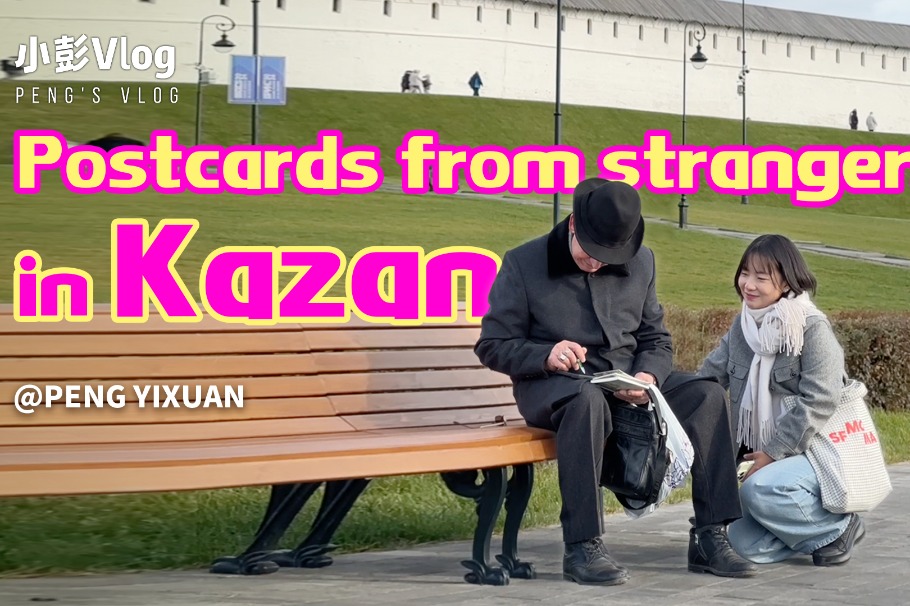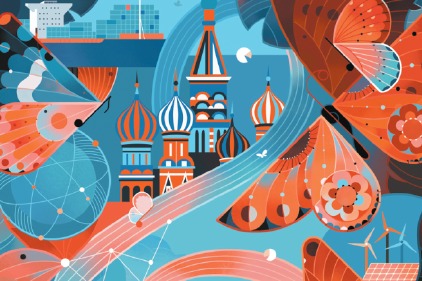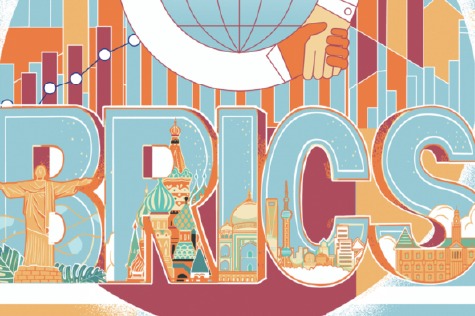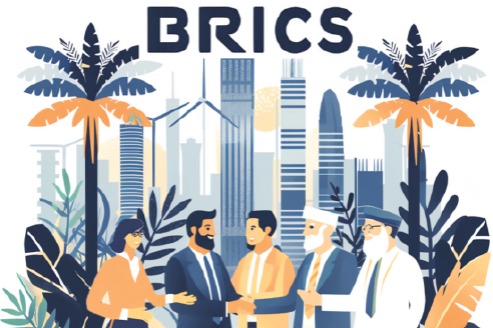Online buzz not necessarily key to reviving tourism


"Online buzz is a mysterious art," a craft well-mastered by influencers and self-media personalities. Yet, who would have thought that the unlikeliest contenders, tourism department officials from numerous provinces and cities in China, have entered the fray, competing for online attention with internet celebrities?
In their quest to attract tourists, these officials employ an array of tactics. Beyond the expected rebranding and upgrading of tourism resources and facilities, they've taken to sending "historical figures" in traditional attire to welcome tourists. In a move that might be considered a bit extravagant, the tourism authorities of Luoyang, a city in Henan province which is well-known for its historical culture, distributed genuine synthetic diamonds to tourists. Such fierce competition prompts some netizens to exclaim, "Tourism bureaus everywhere have gone crazy!"
To capture attention, tourism departments flood social media platforms, such as Douyin, with dozens of short videos on their official accounts every day, even posting videos at four in the morning.
This trend of tourism departments vying for online attention and tourists was sparked by a sudden surge in tourism in Harbin, China's northeastern Heilongjiang province, just before the New Year. Harbin's rise to nationwide fame resulted from its extraordinary efforts to attract and please tourists. The city became a sensation on social media, serving frozen pears cut into small pieces for Southern tourists and organizing flash mobs to welcome visitors at the airport. Harbin went to great lengths to take care of its tourists.
The city's newfound fame has inspired tourism organizations nationwide to follow suit. Enthusiastic support from netizens, unwilling to see their hometowns go unnoticed, has played a crucial role. Additionally, the approaching traditional Chinese New Year has likely fueled this heightened enthusiasm, as people are more eager to promote their hometowns during the festive season.
However, amid this lively internet party, some discord has emerged. Some tourism bureaus have gone to the extent of employing tactics involving shirtless attractive men and gorgeously dressed women to attract customers. Shockingly, a topic regarding a "certain tourism bureau engaging in seductive tactics" made it to the trending list on Weibo, leaving people astonished.
In conclusion, it's positive to witness civil servants consciously adopting new technologies, platforms and methods to carry out their work, yielding significant results. Urgently promoting oneself and seeking nationwide recognition for valuable tourism resources are understandable goals. Yet, the order of priorities in tourism promotion should not be inverted. Promotion should not lead tourism; instead, the focus should be on providing thoughtful service to each visitor and enhancing their real tourism experience.
Beyond flashy promotional videos, tourists are actually more concerned about the cleanliness of public restrooms, fair taxi fares and the beauty of the scenery. Garnering attention, attracting tourists and striving for traffic are all valid and necessary actions for tourism departments nationwide. However, what comes after attracting visitors to the site is even more critical. Traffic is just the beginning; the real battleground for tourism departments begins thereafter.
The author is a writer with China Daily.

































